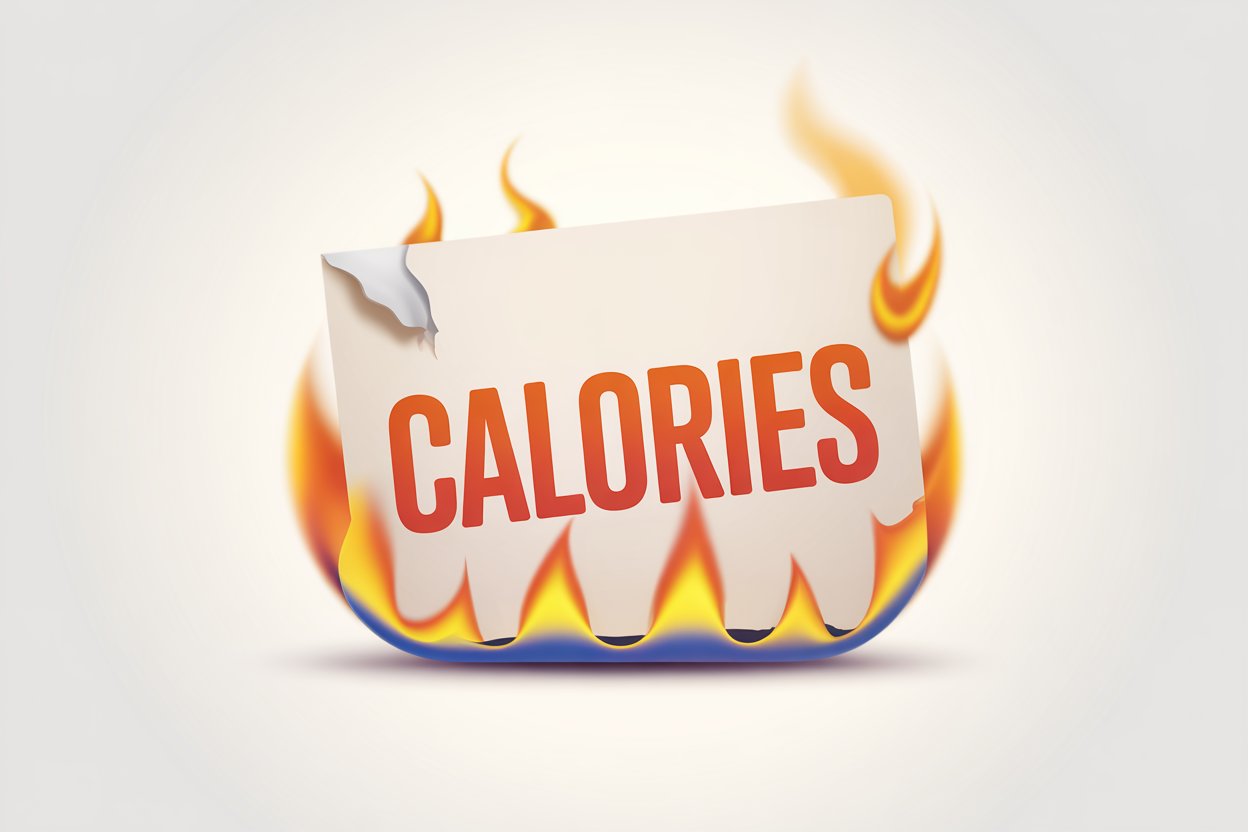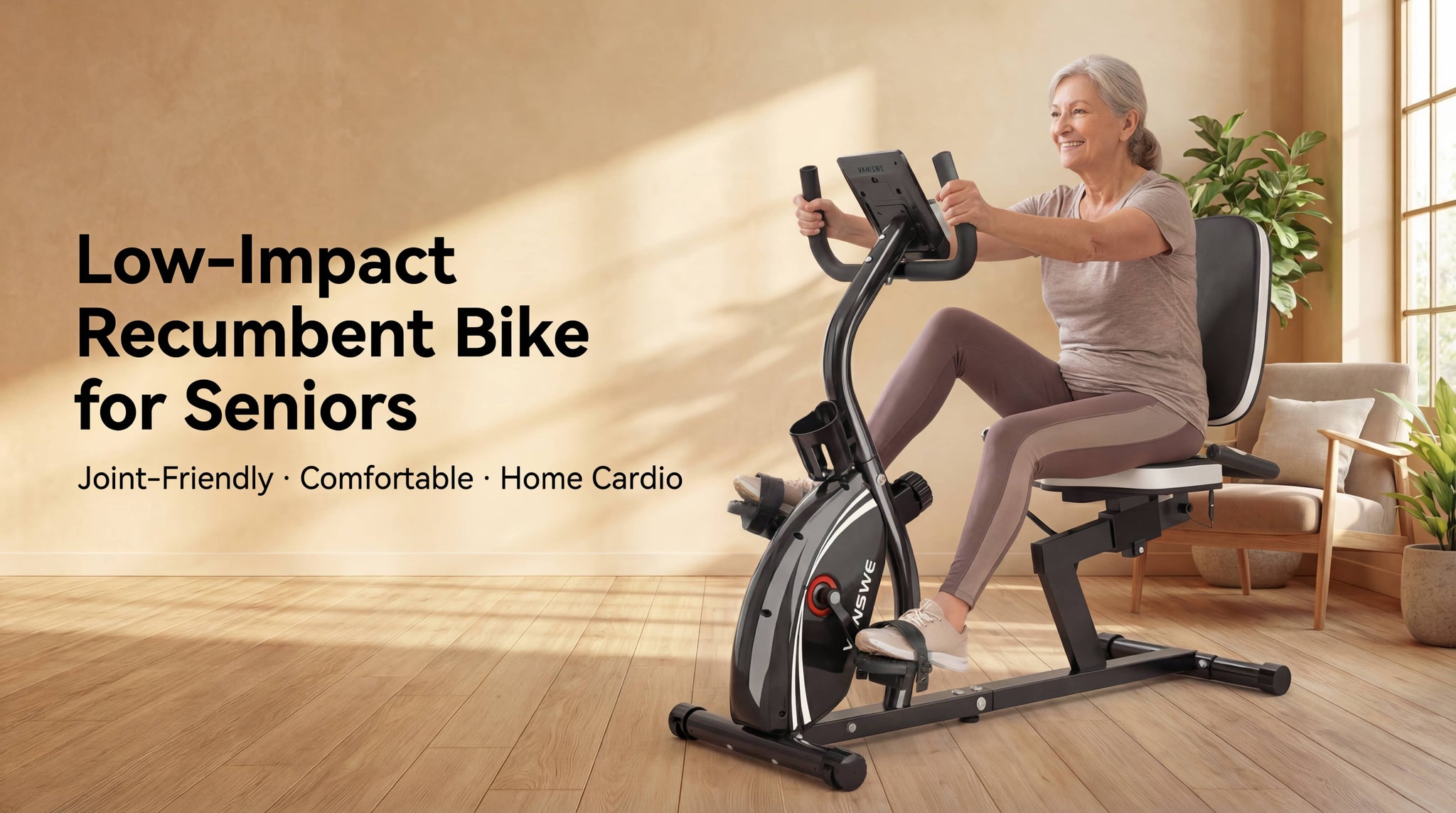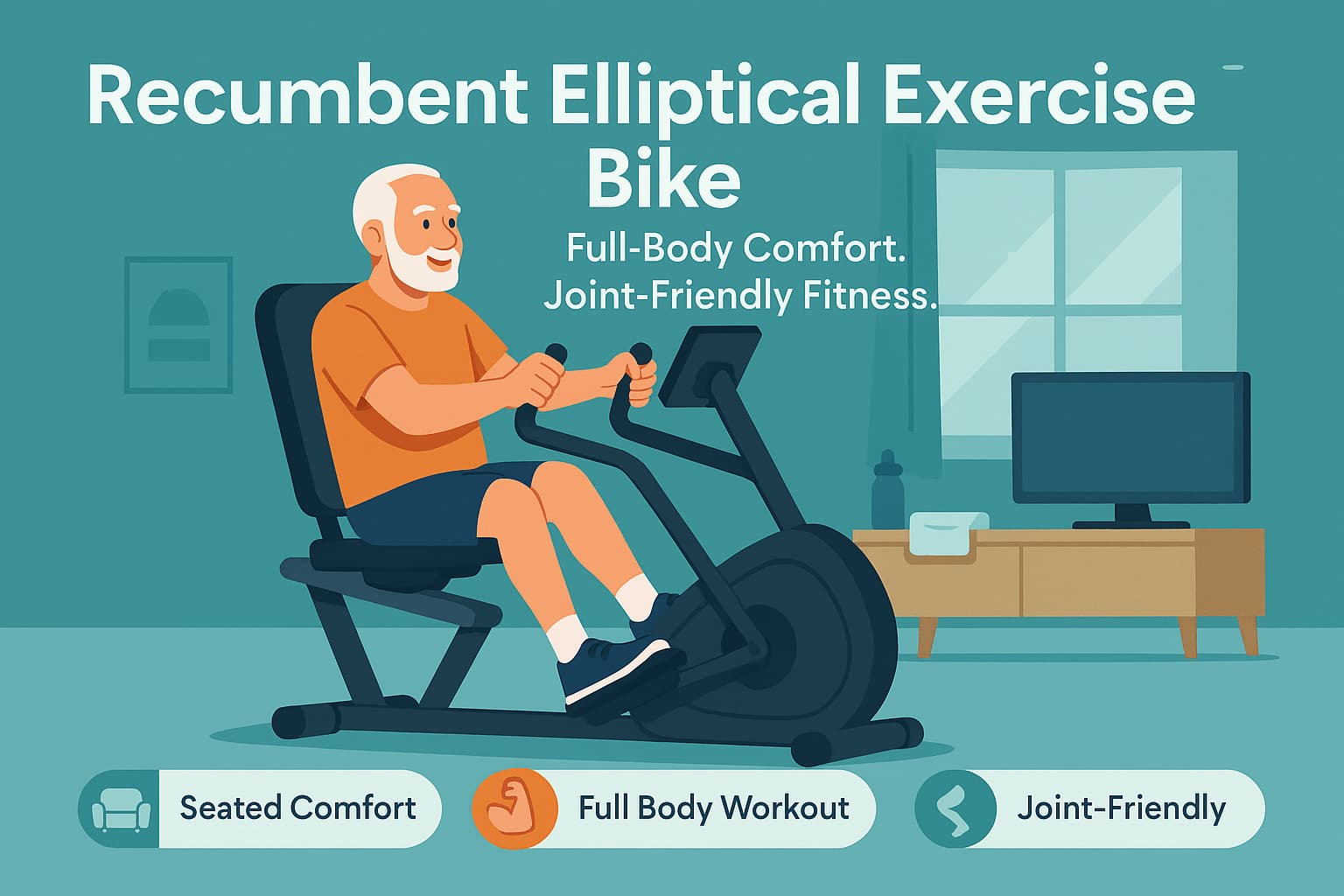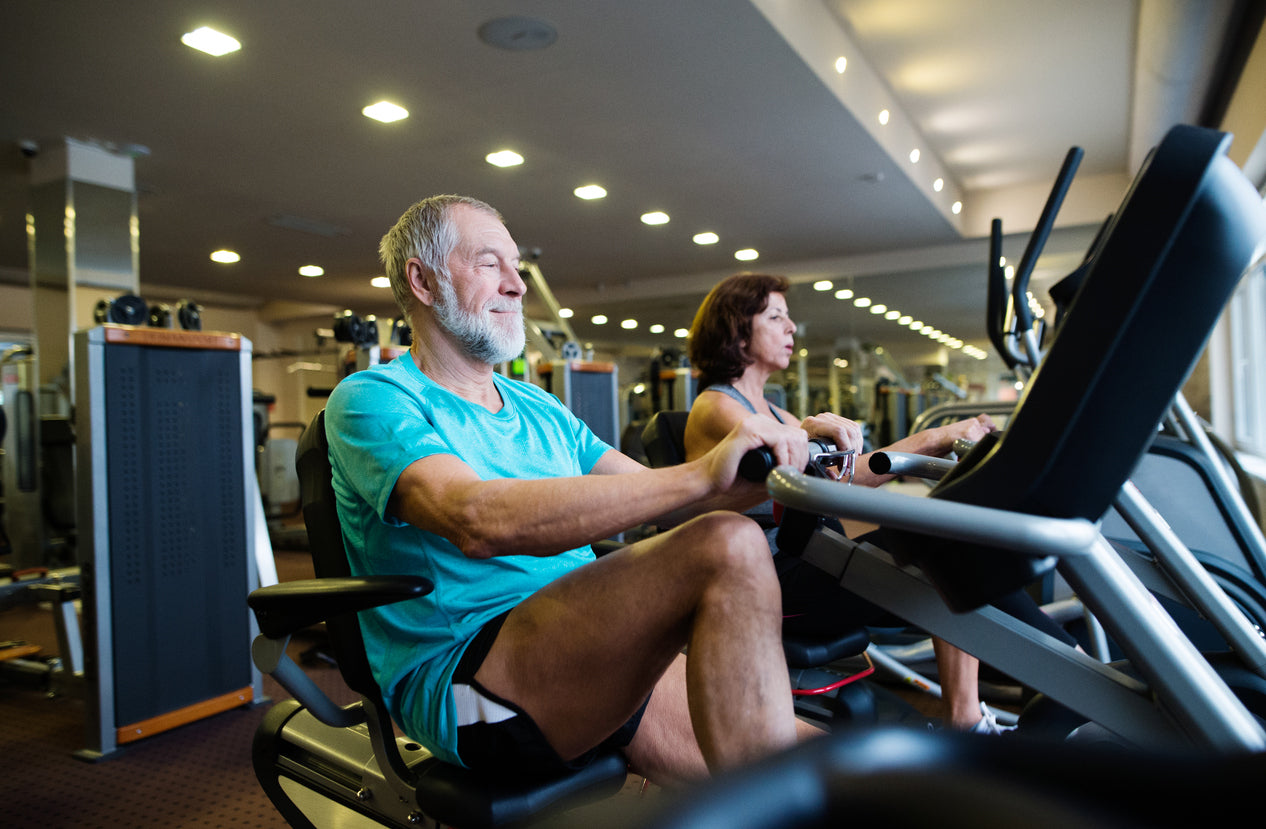A 30-minute ride on a recumbent bike can burn between 100 and 320 calories, depending on your weight and pedaling intensity. Due to individual differences, this range can vary significantly. In this guide, we’ve make calorie burn charts by body weight, as well as the most accurate ACE heart rate-based formula and links to online recumbent bike calories burned calculator to help you get personalized results.
Recumbent Bike Calorie Burn: Chart by Weight and Intensity 30 minutes recumbent bike calories

Your body weight and workout intensity are the two key factors that determine how many calories you burn on a recumbent bike machine. The chart below shows estimated calorie burn for a 30-minute session across different weight categories and effort levels — light, moderate, and high intensity.
30 minutes recumbent bike calories
| Weight (lbs) | Light Intensity | Moderate Intensity | High Intensity |
|---|---|---|---|
| 130 | ~100 kcal | ~150 kcal | ~200 kcal |
| 160 | ~120 kcal | ~180 kcal | ~240 kcal |
| 190 | ~140 kcal | ~210 kcal | ~280 kcal |
| 220 | ~160 kcal | ~240 kcal | ~320 kcal |
📌 Note: These are approximate values based on METs (Metabolic Equivalent Tasks) [1] and may vary by age, fitness, and bike settings.
Related Article: How Long on Recumbent Bike to Lose Weight
🛒 Looking for a Recumbent Bike?
How Long Does It Take to Burn 500 Calories on a Recumbent Bike?

The time to burn 500 Calories depends on your weight and pedaling intensity. In general, the heavier you are and the harder you ride, the faster you’ll reach 500 calories burned. Use the chart below to find your estimated ride time based on body weight and effort level.
Here’s an estimate of how long you’ll need to ride to burn 500 calories, based on weight and effort level:
| Weight (lbs) | Light Intensity | Moderate Intensity | High Intensity |
|---|---|---|---|
| 130 | ~150 mins | ~100 mins | ~75 mins |
| 160 | ~125 mins | ~83 mins | ~63 mins |
| 190 | ~107 mins | ~71 mins | ~54 mins |
| 220 | ~94 mins | ~63 mins | ~47 mins |
📌 Note: These are approximate values based on METs (Metabolic Equivalent Tasks) and may vary by age, fitness, and bike settings.
To accurately estimate how many calories you burn on a recumbent bike, it's important to consider factors like heart rate, weight, age, gender, and workout duration. We recommend you calculate your calories burned on recumbent bike using the ACE heart rate-based formula, which accounts for all these variables and provides a more personalized and precise estimate than standard MET-based methods.
Conclusion
How many calories you burn on a recumbent bike depends on your weight, gender, age intensity, and duration. Use the charts and calculator to get a clearer picture, adjust your recumbent bike weight loss plan as needed, and just keep riding. Small steps add up—stay consistent, and the results will come.
Reference
- Jetté, M., Sidney, K., & Blümchen, G. (1990). Metabolic equivalents (METS) in exercise testing, exercise prescription, and evaluation of functional capacity. Clinical cardiology, 13(8), 555–565. https://doi.org/10.1002/clc.4960130809
- American Council on Exercise. (n.d.). The accuracy of heart rate–based zone training using predicted versus measured maximal heart rate. https://www.acefitness.org/continuing-education/certified/research/7466/the-accuracy-of-heart-rate-based-zone-training-using-predicted-versus-measured-maximal-heart-rate/
Latest Articles











